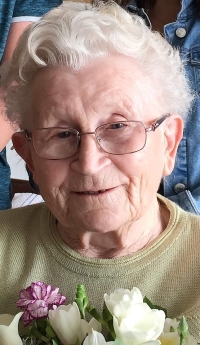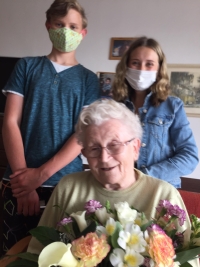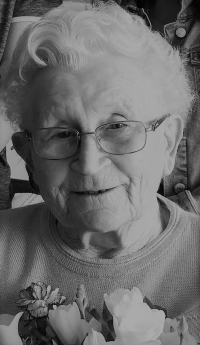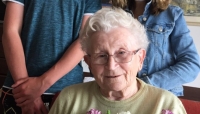I was worried about my husband, he didn’t come home for a week

Download image
Mrs. Miluše Straková was born on July 30, 1933 in Ostrovačice near Brno. Her father worked at the Czech Machine-Building Plant in Brno. She had a brother two years younger. She remembers the war years, the period of fear, when radio broadcasts in exile were listened to at home, and the dramatic end of the war. She graduated with honours from a four-year medical high school in Brno and worked in the health sector for 36 years. After her marriage, she moved to Jihlava to join her husband, who was a member of the National Security Corps. Together they lived through the events of the 1968 occupation in Jihlava, when she felt mainly fear for her husband. She also remembers the burning of Evžen Plock in April 1969, who lived in the Straka neighbourhood. In 2020, the witness lived in a home for the elderly in Nymburk.



